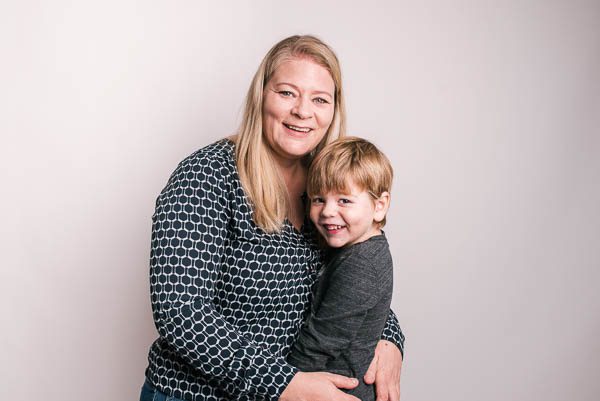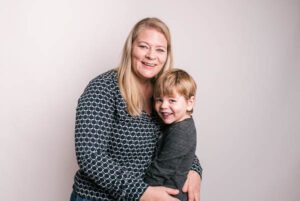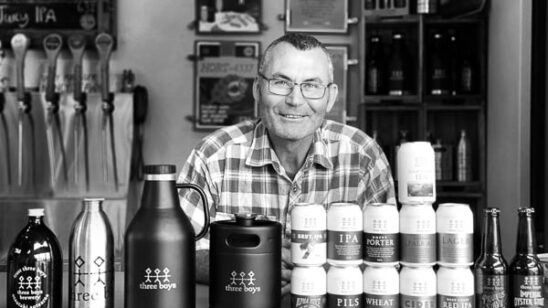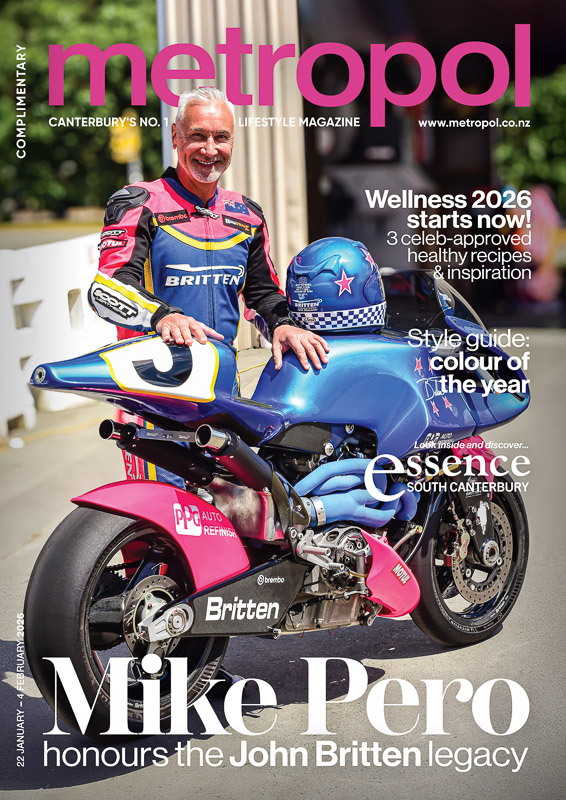
Every drop counts
Every 18 minutes someone in New Zealand needs blood or plasma. Whether it be during a national tragedy or for a sick child, every single drop counts.

Over a 15-month period, New Zealand firstly endured the Christchurch Mosque attacks, where 520 units of red cells, platelets, cryoprecipitate and fresh frozen plasma from the New Zealand Blood Service went directly to help save lives.
Then it was Whakaari/White Island eruption with multiple casualties, followed by COVID-19. Our blood donors ensured blood and blood products were available to help save lives throughout the lock-down. Donor centres remained full and 15,300 Kiwis ensured blood was always available.
On 14 June, New Zealand celebrates World Blood Donor Day (WBDD) to increase awareness of this life-saving essential service, and to acknowledge and thank our blood donor heroes; 14 June also marks the birth-date of Karl Landsteiner, who discovered the universal ABO blood group system.
For one little boy, Seb Turner, his life was saved.
Although a common A+ blood type, he was diagnosed with a one-in-a-million autoimmune disease, Aplastic Anaemia; a rare disease that also killed Nobel Prize winner Marie Curie.
Seb had bone marrow failure and his own immune system was attacking his stem cells, making him highly vulnerable to infections.
When Seb was two, his mum Caroline noticed some unusual bruising.”
On 7 February 2019, he was referred to Christchurch hospital and by the end of that night, had a blood transfusion. “It only took half an hour for the blood to arrive,” Caroline says.
“A week later, after a bone marrow biopsy, he was diagnosed. There were no matches to get a bone marrow transplant, so Seb had his platelets replaced every week and red blood cells every 10 days for six months, as his body was unable to produce them. “
Last November Seb’s Hickman line was removed and he has been transfusion-free for six months.
The lively little boy from Lincoln is otherwise a normal healthy three-year-old who is crazy about dinosaurs, diggers and dogs.
“He’s a little firecracker. Even in the recovery ward at Christchurch Hospital, he just wanted to get up and play. We’re now heading towards remission as his bloods are really good. He’s starting to ask questions now. We tell him his blood is sick – he’s not sick.”
The New Zealand blood service is a not-for-profit Crown entity responsible for collection, processing, testing, storage and distribution of all blood and blood products nationwide.
There are currently 110,000 wonderful unremunerated volunteer blood donors in New Zealand, of which 11,000 are plasma donors.
To keep up with demand, NZBS needs to double the plasma-donor registry. Currently less than four percent of eligible Kiwis are registered to donate.
Red blood cells only have a 35 day shelf life and platelets need to be transfused within seven days.
To keep up with essential demand, the NZBS needs to collect more than 3,500 donations every week. There is no substitute for blood.
“We are so lucky,” Caroline says. “Many third-world countries, where he wouldn’t have survived, don’t have a blood donor system.
“I am beyond grateful. They have kept Seb alive. He would not be here today without our donor service. It is all because of complete strangers, who have been so incredibly selfless.”
Some of Caroline’s friends donated blood when Seb got sick and now Caroline has become a donor for the first time.
“I was too scared of needles 20 years ago, so I was surprised it was really quick and easy, only taking five to 10 minutes. It really didn’t feel like anything… and I got a Kit Kat at the end!”
The NZBS relies on Kiwis across the country to volunteer to donate, ensuring a continual supply of precious blood and blood products to help health services save thousands of lives.
To become a blood donor, download the app, visit nzblood.co.nz, or phone 0800 448 325 (0800 GIVE BLOOD) and book an appointment to donate.



